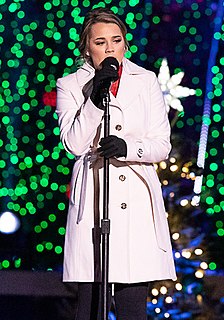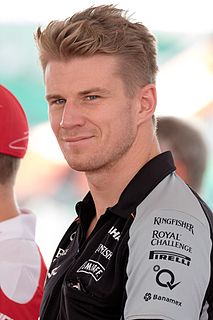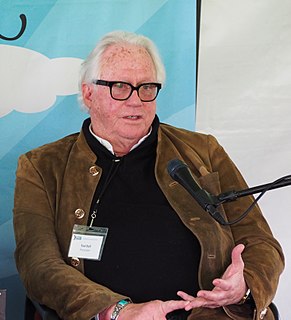A Quote by Ellen DeGeneres
You know, it's hard work to write a book. I can't tell you how many times I really get going on an idea, then my quill breaks. Or I spill ink all over my writing tunic.
Related Quotes
Good writing, in my opinion, is writing that looks really easy, so easy that a person who has never written more than a grocery list might convince themself that they could also write a book. That being said, it's always a lot of work, as you know. And then there's this: you have no idea how many failed stories and novels I've attempted. I have files full of stories that didn't work for whatever reason.
It doesn't matter how many times you fail. It doesn't matter how many times you almost get it right. No-one is going to know or care about your failures, and neither should you. All you have to do is learn from them and those around you. All that matters in business is that you get it right once. Then everyone can tell you how lucky you are.
Generally I start writing when I have even the smallest idea of how a book is going to go, because the physical process of writing itself keeps the mind active and focused on the job at hand. Usually I write in about 5 drafts, but that simply means there are 5 definite times when I go in a linear fashion from the beginning to the end of the book.
You have to surrender to your mediocrity, and just write. Because it's hard, really hard, to write even a crappy book. But it's better to write a book that kind of sucks rather than no book at all, as you wait around to magically become Faulkner. No one is going to write your book for you and you can't write anybody's book but your own.
Writing is a weird thing because we can read, we know how to write a sentence. It's not like a trumpet where you have to get some skill before you can even produce a sound. It's misleading because it's hard to make stories. It seems like it should be easy to do but it's not. The more you write, the better you're going to get. Write and write and write. Try not to be hard on yourself.
Let's say I was like, "I'm going to write a book this year," which I'm not. Let's just say that was it. Then it would be for the joy of writing it. It wouldn't be like, "And it's going to be No. 1 and I'm going to get rich and go on a book tour and own a library." I don't know the difference between doing what I normally do and making a resolution. And if it doesn't happen, then I'm going to be miserable.
The secret to writing is writing. Lots of people I know talk about writing. They will tell me about the book they are going to write, or are thinking about writing, or may write some day in the future. And I know they will never do it. If someone is serious about writing, then they will sit down every day and put some words down on paper.
While writing is a mystical process, it's also work. If you show up to work five days in a row, nobody's going to pat you on the back - everyone does that. Well, do that with your writing. Just show up. Be there for it. When you get an idea, write it down somewhere and then be a steward of that idea.
I always knew from the beginning that this was the only way to write Then We Came To The End - that it had to be in first - person plural if it was going to illustrate how the individual becomes part of the collective. I had no interest in writing the book in a more conventional voice. It goes back to that fascination I had with telling a story in multiple ways. It was the only choice I gave myself, really - I said "This is it, pal. If you can't tell a story this way, you're going to have to abandon the book. Write it this way or give up."


































